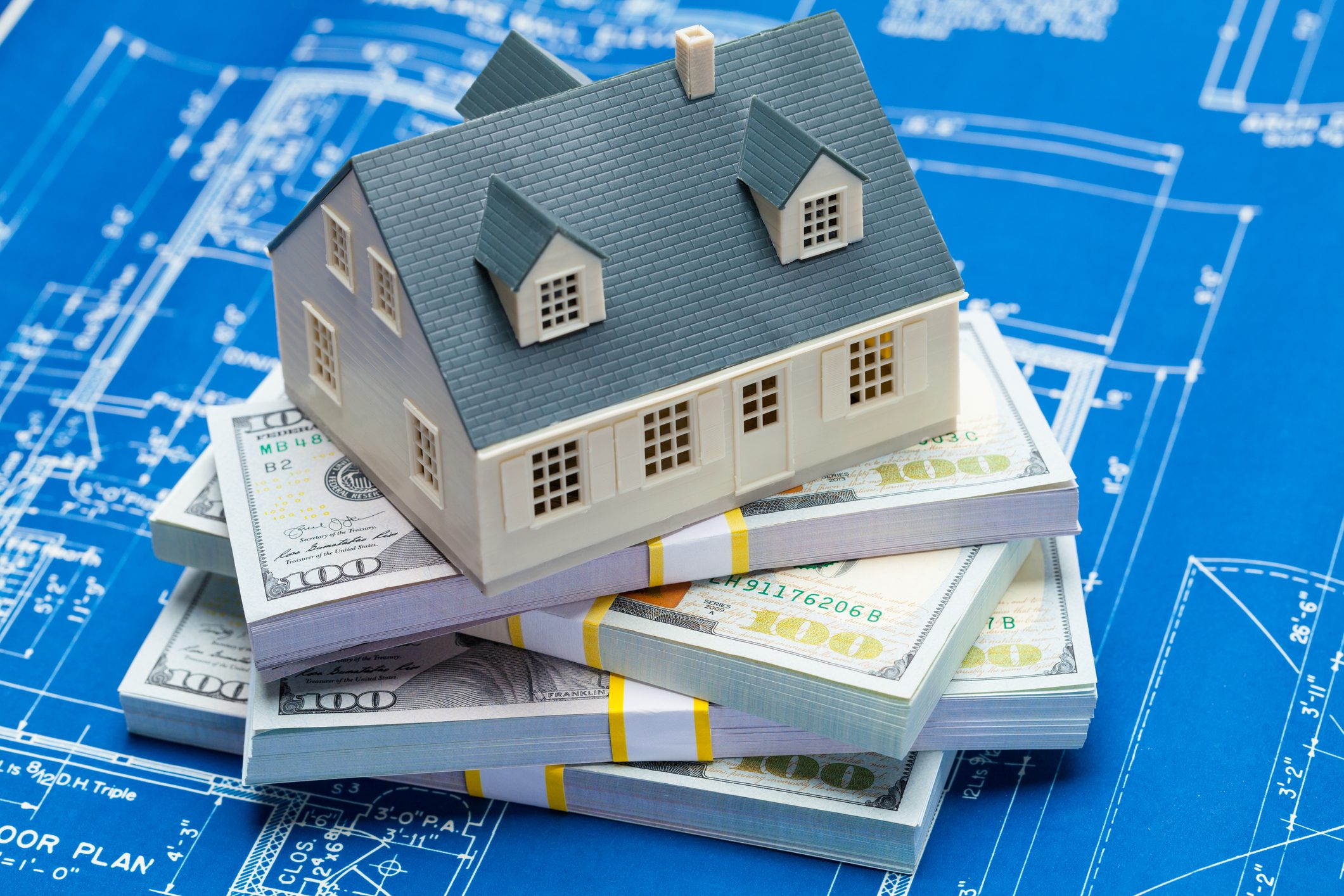Maybe. Learning the pros and cons can ensure you're getting a good deal.

Should You Get a Home Improvement Loan Through a Contractor?

Home improvement projects can give you added comfort or enjoyment in your space, increase your home’s value for resale and more. But how do you pay for it? Financing is one of the largest hurdles homeowners face when considering a major home improvement project or renovation.
On This Page
Methods of Financing Home Improvement Projects
Fortunately, you’ve got choices to finance home improvements.
- Personal savings: The simplest and most cost-effective way. Paying in cash avoids high-interest charges and loan fees.
- Home equity loans: Homeowners can borrow against the equity in their homes with fixed interest rates and predictable monthly payments.
- Home equity lines of credit (HELOC): A revolving line of credit that homeowners can tap into as needed, with a predetermined limit. HELOCs offer flexibility, allowing homeowners to borrow only what they need and pay interest only on the amount utilized.
- Cash-out refinancing: Homeowners replace their existing mortgage with a new loan with a higher principal amount. The difference between the new loan and the existing mortgage is taken as cash, which can be used for home improvements.
- Personal loans: These are unsecured loans homeowners can obtain from banks, credit unions or online lenders. These loans usually come with fixed interest rates and a set repayment term.
- Contractor financing: This one, many homeowners aren’t aware of. Some contractors offer in-house financing options that typically include special terms and conditions, like deferred interest or low monthly payments for a certain period. There are pros and cons to this, which we’ll explore below.
Evaluate your financial situation, project requirements and long-term goals to determine the most suitable financing option for your home improvement project. Consulting with a financial representative can help you make an informed decision.
Pros of Contractor-Backed Financing
Contractors often have established relationships with financial institutions or lending partners, offering exclusive financing options or discounted interest rates not readily available to the general public. They can guide you through what’s available, assist with paperwork and expedite approval. That streamlines the process.
Being well-versed in the costs associated with various home improvement projects, contractors offer a one-stop solution to work and finance. They can provide valuable insights into the budget required for your specific project, ensuring accurate financing estimation.
This integrated approach can simplify project management, communication and coordination between the contractor, the lender and you as the homeowner.
Cons of Contractor-Backed Financing
Depending solely on the contractor’s preferred lenders may limit your access to better terms and rates available in the broader financial market. These lenders may have specific requirements, that don’t align with your financial situation, like higher credit scores or larger down payments.
Be aware some contractors may receive incentives or commissions from the lenders they recommend, creating a potential conflict of interest. The contractor has no legal obligation to find you the best financing solution. You’ll still need to do your homework and see what else is out there.
Contractors often include financing costs in their overall project estimate. While that’s convenient to homeowners, this bundled approach can sometimes lead to cost markups. Comparing quotes can help you negotiate better terms and rates, saving you money on your home improvement project.




















